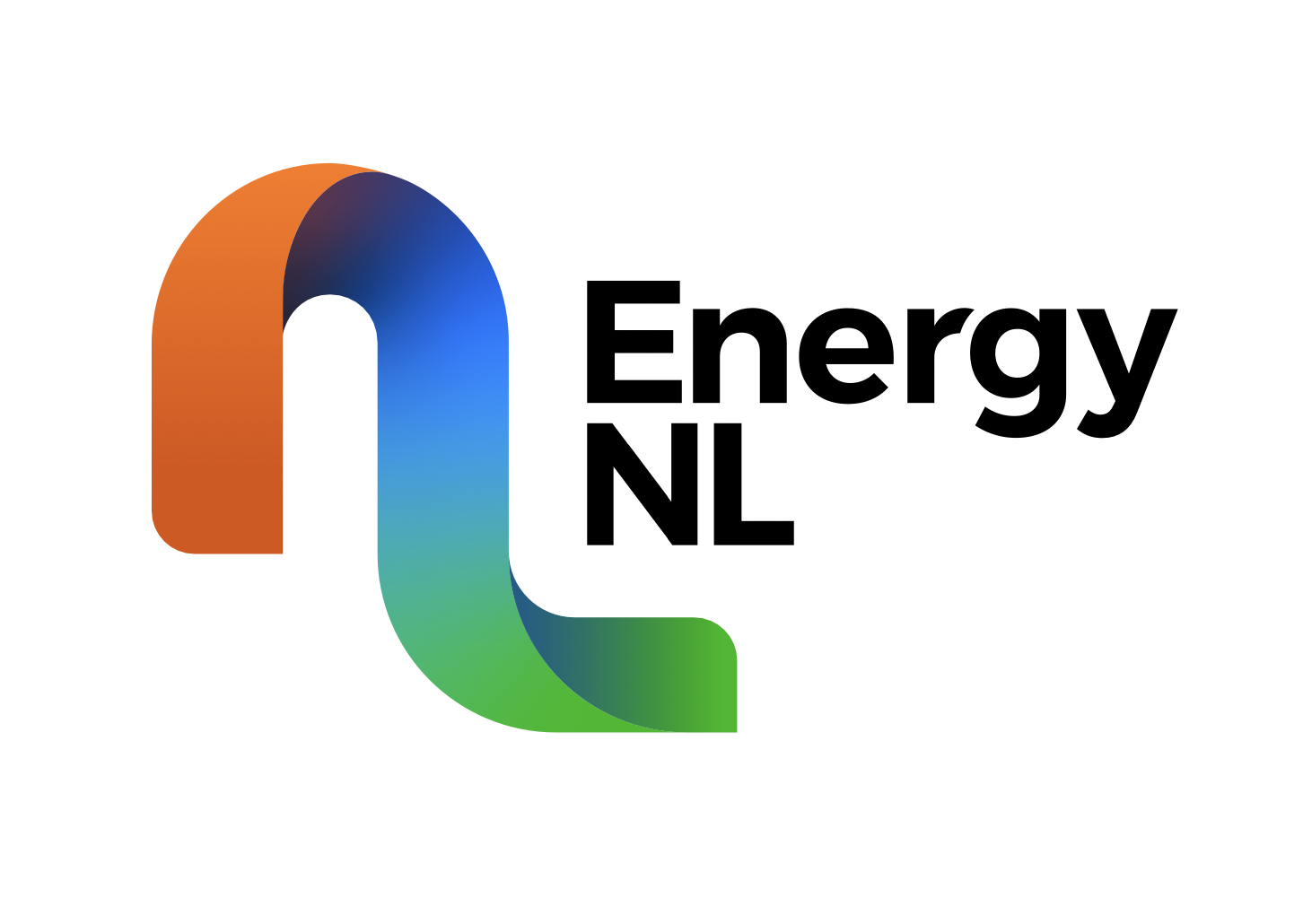Cenovus, the Calgary-based oil sands major, will continue to sell conventional oil and gas assets in Canada in order to help drive down its net debt to at least C$10 billion ($US8.03 billion) by the end of the 2021 financial year, with a longer-term target of C$8 billion.
The company will retain offshore fields it secured in China and Indonesia early this year after acquiring fellow Canadian player Husky Energy for C$6 billion, but the future of its higher cost assets offshore Newfoundland is unclear.
Since the Husky acquisition, Cenovus has been rationalising it upstream and midstream portfolio to reduce debt and improve its financial resilience, while at the same time boosting cash flow from production at its oil sands-rich acreage in Alberta and Saskatchewan.
Three months ago, the company sold a royalty interest in the Marten Hills oil asset for about C$100 million, with chief executive Alex Pourbaix pointing out this week that two more deals have now been wrapped up “which will appear in the third quarter”.
“In June and July, we reached two other agreements to sell asset packages in (the) conventional (market) for additional proceeds of C$110 million,” he told analysts during the company’s second quarter results call, without identifying the assets.
“We also have a number of other potential asset sales (that) we’re working in earnest,” said Pourbaix.
He expects “cumulative asset sales proceeds in the many hundreds of millions of (Canadian) dollars in 2021″, adding that “we are really laser-focused on those non-core divestitures”.
Asked by an analyst about the Liwan gas field offshore China, Pourbaix highlighted its free cash flow generating capability and said this asset and the other Asia-Pacific assets that came with the Husky purchase are very unlikely to be sold.
“It (Liwan) has been performing very well for us. I think it’s fair to say, as we get to know that business better, we are seeing some opportunities to actually continue to add value.
“The Asia-Pacific business is something we really want to spend a good amount of time with (and) really get to know our partners. So, I don’t see it is something we would be considering (to sell) in the short term.”
Elaborating, chief operating officer Jonathan McKenzie said: “We see lots of opportunity to increase gas supply into mainland China from our South China Sea assets and we are actively building out the Madura Strait (gas field) in Indonesia as well. We think those are very profitable assets going forward.
“So, when we kind of look at the suite of assets that we acquired from Husky, we think that a lot… are Tier 1 assets and a lot are going to be core part of this company going forward – all cash flow positive at the bottom of the cycle.”
Roubaix stressed: “People should think about divestitures largely, though not entirely, coming out of the conventional business and being North America-focused.”
Kam Sandhar, Cenovus’ head of strategy, told analysts: “We are largely focusing most of our efforts in the conventional space and I would say it’s really about assets that aren’t competing for capital inside our portfolio; assets that have slightly higher operating costs; and assets that really aren’t going to receive the funding.”
However, he pointed out that Cenovus is “looking at other parts of the portfolio too”, not only the conventional business.
Analysts did not ask Cenovus executives whether assets offshore Newfoundland & Labrador on Canada’s Atlantic seaboard would be sold.
However, there are fears in the province that it is only a matter of time before the company sells its stakes in the Terra Nova and White Rose fields and perhaps other assets.
In terms of operating costs, Cenovus’ second quarter results statement noted that the operating costs of these Atlantic Ocean assets are C$40.00-C$45.00 per barrel of oil equivalent, which is far higher than the C$5.00-C$6.00 per boe figure for China and C$10.00-C$12.50 per boe in Indonesia.
The expense of operating these Newfoundland assets is also four times more costly than Cenovus oil sands plays where average operating costs range between C$10.25 and C$11.50 per barrel.
Offshore Newfoundland, work on the operator’s West White Rose project was stalled last year, with the operator saying this week that it will not be revived in 2021.
A Cenovus spokesperson told Upstream: “The West White Rose project remains deferred for 2021 while Cenovus continues to evaluate its options.”
It is expected that a new extension project at Terra Nova is due to be approved next quarter, but it is unclear if Cenovus will retain a stake in the Suncor Energy-operated asset, which has been offline since 2019.
Cenovus also has a major interest in the Equinor-operated Bay du Nord project off Newfoundland.
Asked to comment about potential asset sales in Newfoundland and whether the company is in talks with potential buyers, the spokesperson remarked that: “We don’t comment on speculation.”(Copyright)
Source: Upstream | This text was excerpted from the media outlet cited on August 2, 2021 and is provided to Noia members for information purposes only. Any opinion expressed therein is neither attributable to nor endorsed by Noia.





